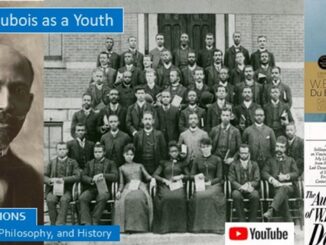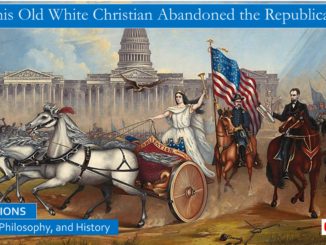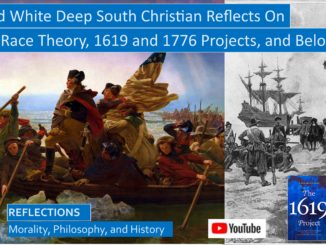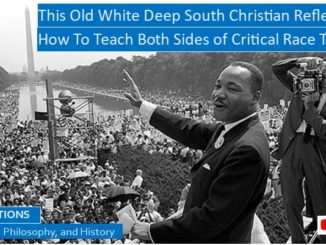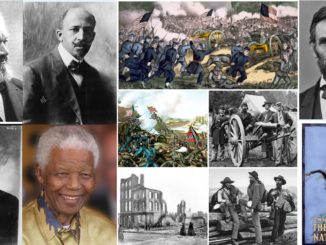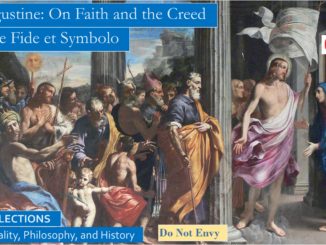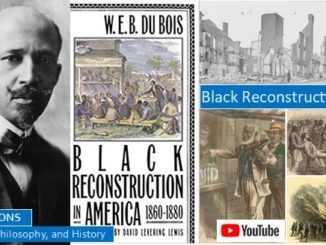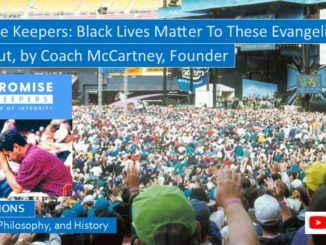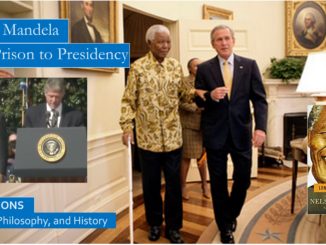Dubois’ subhead reads: “How civil war in the South began again, indeed had never ceased; and how black Prometheus bound to the Rock of Ages by hate, hurt an humiliation, has his vitals eaten out as they grow, yet lives and fights.” Dubois continues: “The civil war in the South which overthrew Reconstruction was a determined effort to reduce black labor as nearly as possible to a condition of unlimited exploitation and build a new class of capitalists on this foundation. The wage of the Negro, despite the war amendments, was to be reduced to the level of bare subsistence by taxation, peonage, caste, and every form of discrimination, in open defiance of the clear letter of the law.”
An eyewitness tells a Senate Committee: “Some planters held back their former slaves on their plantations by brute force. Armed bands of white men patrolled the country roads to drive back the Negroes wandering about. Dead bodies of murdered Negroes were found on and near the highways and byways. Gruesome reports came from the hospitals, reports of colored men and women whose ears had been cut off, whose skulls had been broken by blows, whose bodies have been slashed by knives or lacerated with scourges. A veritable reign of terror prevailed in many parts of the South.” […]
